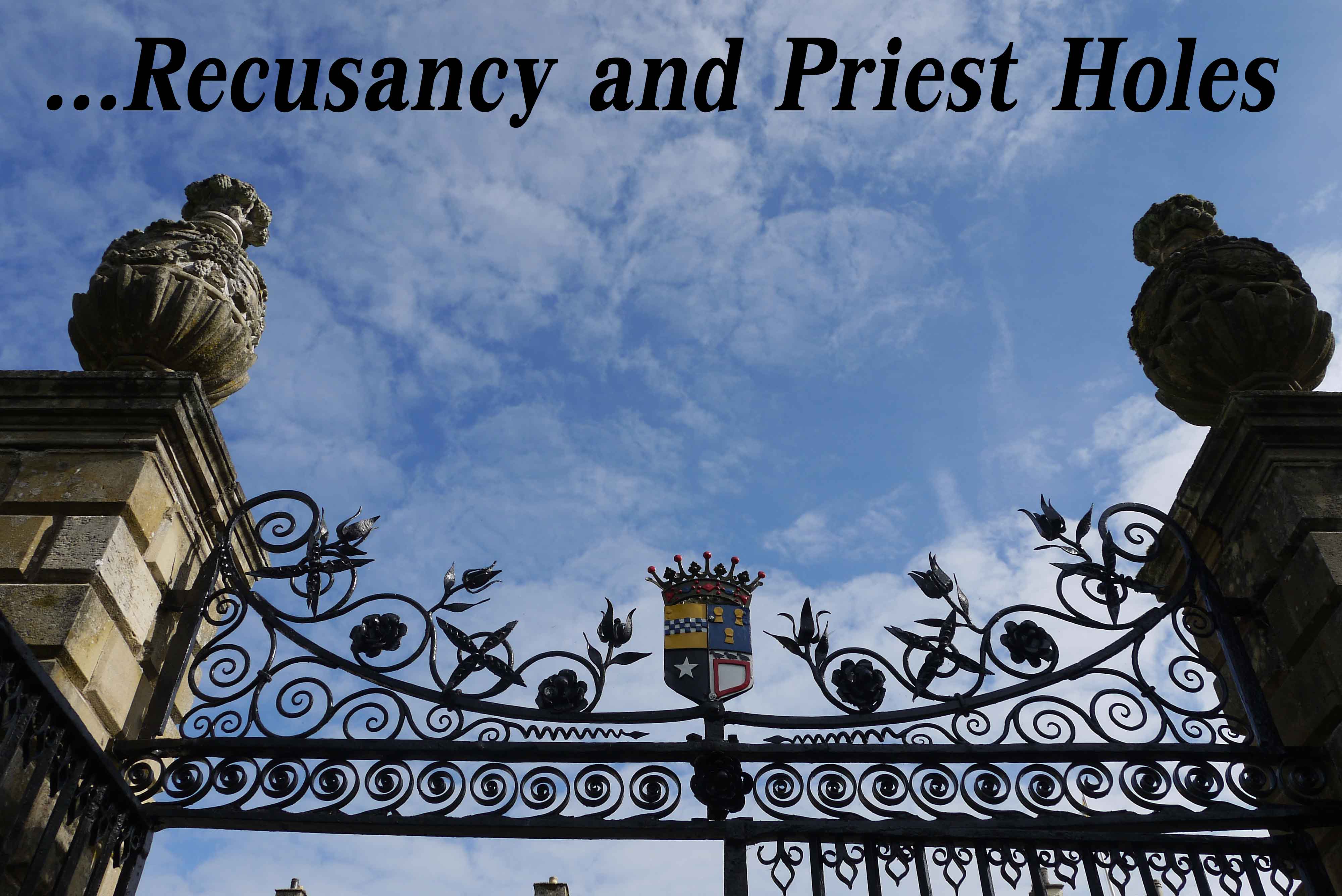Myth 4: privatisation
The myths
- Privatisation is efficient and cost effective and the private sector provides better quality than the public sector.
- The private sector is more responsive to service users
- The private sector costs less than the public sector to deliver services
- The government needs to privatise public services to save money as they can’t afford to pay for decent public services
The facts
- The private sectors main motive is profit not quality – which is often compromised
- The private sector is responsive to shareholders rather than service users – for example the privatised water board would rather ensure shareholder dividends are maximised than invest in new infrastructure to address water leakage
- The evidence is that the private sector does not deliver services more cheaply – the bail out of Railtrack, and other privatised services by successive governments are examples of this
- The government want to be seen to reduce public spending by moving the cost of services off the balance sheet. Anywhere between £50 -£150bn worth of uncollected taxes would pay adequately for decent public services
Our members are now facing the following privatisations or “efficiency cuts”:
- The Royal Mint The chancellor announced that the Royal Mint will be “vested” in to a company structure. It will be operated as a private sector company owned by the government, There are no valid operational or commercial reasons to vest the Royal Mint to the private sector- all ministerial targets have been met and a profit of £10 million made in 2007-08.
- The Land Registry There will be a large programme of “rationalisation” and much of the operation will be subject to “estate and operational restructuring and market testing of support functions”. This will undermine the core operation. About a third of staff may be shed.
- QEII Conference Centre is currently an efficient operation with secure bookings and income that is set to continue to generate revenue for the government so it is shortsighted madness that the intention is to sell this asset off to the private sector by 2012.
- The Met Office is to be subject to much more commercial pressure, it will have to further refine its “business model” and seek partnerships with the private sector.
- Defence Storage and Distribution Agency is to be restructured to make it much more of a commercial operation. This includes partnering, the disposal of so called surplus assets, and looking at “alternative methods of ownership to fund capital requirements”. All the necessary groundwork for eventual privatisation.
- The defence training rationalisation programme is the largest privatisation ever embarked upon by the Ministry of Defence. With a price tag of £19 billion it seeks to privatise the work of over 1100 civil servants and puts at risk a further 1900 posts through cuts in support and admin grades. Not only does this raise the spectre of mass redundancies, but also of the collapse of defence training at a time when British forces are serving in at least two theatres of war.
There are endless examples of privatisations where the government has had to bail out private companies or concerns as privatisation simply didn’t work, including the national air traffic control scheme in 2001.
Transport – The fiasco of rail privatisation has had far reaching effects on service, safety and cost of travel.
Health – Privatisation and PFI has routinely led to job cuts, a reduction in the number of beds and massive budget deficits.
Water – Privatisation has led higher bills, job losses and serious infrastructure problems with massive water leakage problems.
10 Comments CherryPie on May 12th 2009








just seeing if my new aviator works
one more try …
It seems to have swapped over now, you look lovely
Another excellent piece Cherie. I have no problem with ensuring that government departments operate as efficiently as possible and in some case work can be better outsourced to the private sector. That said there are limits to what can be done and privatisation has all too often been a disaster – the destruction of expertise and thus a poorer service (often at greater cost – government departments seem to have a poor track record when it comes to writing advantageous contracts!.
Ach I could go on
I agree efficiency is the key as long as the public service is provided efficiently at the best possible cost.
Don’t get me started on privatisation, I could rant for England on that!!!
Excellent analysis, Cherie.
It is from the PCS website and I couldn’t better the comments so I repeated the article in a series of four posts here
Cherie, this is an excellent series and I’m going to run it in my sidebar soon.
I thought they explained things very well too, which is why I copied them across from the PCS site without changing them
[...] Myth 4: privatisation [...]